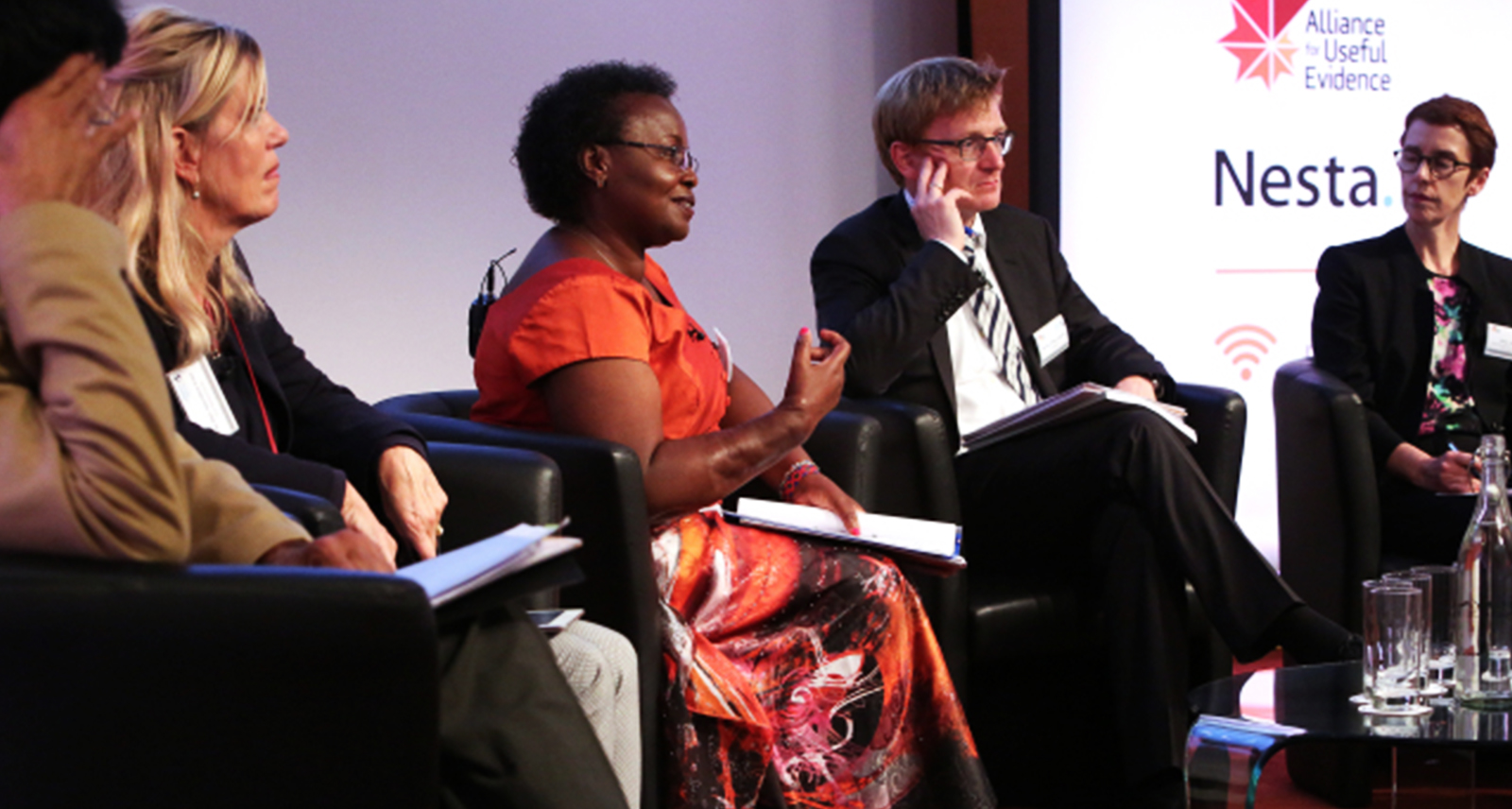Blogs

Evidence-based policymaking is at the heart of ensuring accountability of resources and inclusiveness of development policies. As a Member of Parliament (MP), one draws from competing sources of information, including from one’s constituents, and most often, political correctness overrides research evidence. In fact, the lack of use of research evidence in policymaking in the legislative, oversight and budgeting roles of Parliamentarians represents a glaring gap, which is why I chose to address it by becoming an evidence-use champion in Kenya.
I helped form and launch the Parliamentary Caucus on Evidence”Informed Decision-Making (PC-EIDM) with the approval of the Kenya National Assembly Speaker. The main goal of PC-EIDM is to enhance the interest of Parliamentarians in utilizing evidence in making policy decisions. The Caucus, whose membership cuts across both Houses of Parliament (Senate and the National Assembly), is in the process of operationalizing a Five-Year-Strategy developed in December 2015.
In line with this strategy, the Caucus has been holding sensitization workshops on evidence use for MPs and plans to leverage future induction meetings for MPs at the beginning of each Parliament. The Caucus is also advocating for our Parliament’s leadership to address the barriers for evidence use in Parliament by building staff capacity and putting in place infrastructure to support access to research and information. In addition, the Caucus is engaging Parliamentarians and facilitating evidence-informed policy discussions in the public domain by holding open policy “Cafés.”
We have already made some notable progress. Parliament has begun building capacity of its Research unit by employing additional research analysts to cater to the increased numbers of MPs and their demand for evidence use. We have also improved the research analysts’ skills in research and data use, including in accessing, appraising, synthesizing and packaging data for MPs. Parliament is also in the process of improving the supportive infrastructure for research work, including enhancing internet connectivity to access online journals and databases.
The work of the Caucus as a driving force to increased use of evidence has not been without challenges. Some of the challenges faced by the Caucus include:
i.) Membership “ attracting and retaining Members of Parliament in the Caucus, when Members have numerous other demands on their time and attention, has been a challenge and has affected some activities of the Caucus.
ii.) Funds “ raising funds to implement some evidence-focused activities is another challenge, because the Caucus is not funded by the Parliamentary Service Commission, but instead relies on donors and partners.
iii.) Capacity “ not all Members of Parliament have the capacity or interest in using evidence, which is why we are focused on conducting training and sensitization of Members.
iv.) Transition “ as Members of Parliament cycle in and out of office, ensuring that the agenda of the Caucus transitions to subsequent Parliaments is always a challenge.
In order for the Caucus to meet its objectives, it has come up with a way forward to circumvent the existing challenges as follows:
i.) Training of MPs “ exploring different avenues though which Parliamentarians can be trained in the use of evidence.
ii.) Educating Leadership “ expanding efforts to educate the Parliamentary House Leadership on evidence use, barriers and factors that can facilitate increased use of evidence by Members of Parliament.
iii.) Strengthening Advocacy “ appealing to more Members of Parliament to become champions of evidence use at the committee level and in their respective Houses.
iv.) Increasing Access to Evidence “ creating a platform where Parliamentarians can interact with researchers and access synthesized evidence in real time for use in legislative discourse.
v.) Reaching Out to New MPs “ incorporating a session on evidence use at the induction of new Members of Parliament, starting with the 12th Parliament in 2017.
vi.) Strengthening the National Monitoring and Evaluation Framework “ holding consultative meetings with the government’s department of Monitoring and Evaluation to discuss the strengthening of monitoring and evaluation policies and legislation.
vii.) Lobbying for Research Funding “ lobbying for more funds to be allocated towards research at the budgeting phase to enhance availability of evidence.
I am excited by the progress being made in Kenya toward a more evidence-informed government. There is much more to be done, but we are taking important steps toward ensuring that research and evidence drive policymaking, which will ultimately improve outcomes and the lives of the Kenyan people.
This blog is also published on alliance4usefulevidence.org and the Results For All blog
The author is a Member of the Kenya Parliament, and the Chair of the Parliamentary Caucus on Evidence-Informed Oversight and Decision-Making.
Related Posts





